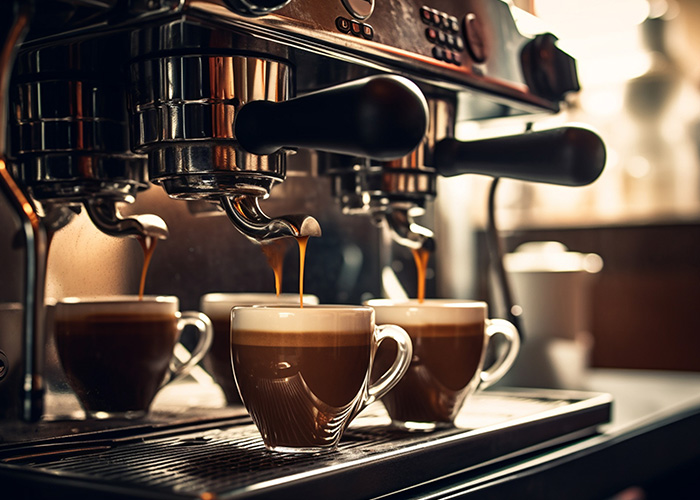What’s the planet’s coffee budget?
An addictive kind of love.
Our love affair with coffee is well documented – we joke about it, we write tv shows about it, it’s our go-to no-pressure social engagement: “We should get coffee sometime.”
It might not be as life ruining as an addiction to gambling or hard drugs, but that doesn’t mean that you shouldn’t be responsible when it comes to your “coffee addiction”.
First of all, we’re not joking when we say it’s an addiction. According to the Addiction Center, caffeine dependency exists and should be responsibly managed to avoid it negatively impacting your health.
What’s more, coffee and the international coffee trade can be a murky blend of exploitation, deception and greenwashing.
Something doesn’t taste right
Commercial coffee production can be extremely harmful to the environment. Coffee grows in warm to cool tropical climates. The “Coffee belt” spans across the globe with coffee being successfully grown in South America, Africa and Asia.
This causes one problem – coffee is a monoculture and threatens biodiversity in some of our most fragile biospheres. The tropics are home to the world’s rainforests, and they provide us with oxygen as well as regulate carbon dioxide in the atmosphere. Irresponsible coffee production leads to deforestation, which cripples these life sustaining ecosystems.
Should we go caffeine free?
No! Not at all…But we should educate ourselves and make responsible choices about our daily cuppa.
First off, the easy part: Bring your own cup!
As delightful, convenient, and rewarding as a take-away coffee is, there’s no denying the impact of single use take-away coffee cups. Luckily there is an easy fix for this. Simply get a keep-cup. Most cafes and coffeeshops will even give you a discounted you bring your own mug! Much like we have now gotten used to no longer having straws available at restaurants and remembering to bring our reusable shopping bags with us, we can change the tide of waste when it comes to our coffee by bringing our own cups.
Be a conscientious coffee consumer.
Thanks to the internet it is easier than ever to trace the origin of your favourite brew.
There are a couple of coffee brands that adhere to their own strict ethical guidelines, which you can find here.
Another way to ensure that your coffee conscience is clear is to look out for the “Fair Trade” certification.
Clean up your act.
One other thing that could influence the sustainability of your caffeine fix is how you choose to enhance it. Do you take milk and sugar? Do you drink instant coffee or roast and grind your own beans, do you use a “pod” machine with single use pods?
When it comes to milk, dairy milk is the most popular but comes with it’s own list of environmental issues. Switching to plant based milk like soy or oat milk can significantly decrease your carbon impact.
If you like it sweet, think about switching from refined cane sugar to coconut sugar.
As for the coffee itself this varies depending on how much raw product you use, what methods you employ to heat your water and how wasteful your coffee making is in general. Instant soluble coffee and pre-measured coffee pods both have their merits when it comes to the environmental coffee championships.
To coffee or not to coffee?
If taken in moderation, there’s no health or ecological reason why we should cut coffee out of our lifestyles completely. However, there are ways to reduce our impact on the environment and ensure our coffee habit can be as guilt free as possible. Being mindful of how you make and where you buy your coffee, switching to soy or oat milk and ditching sugar can go a long way towards ensuring sustainable coffee culture.
Now make yourself a cup of coffee and do a deep dive into the world of coffee production, how it’s done and where it is heading.
Watch this super informative TED talk in the real impact of coffee production on the planet and find useful coffee facts below.
South Africa’s best barista talks all things coffee
We have the best coffee hack to channel your inner barista.
Also read about how the Coffee Culture started.




